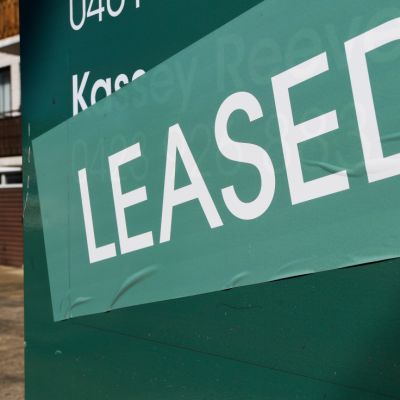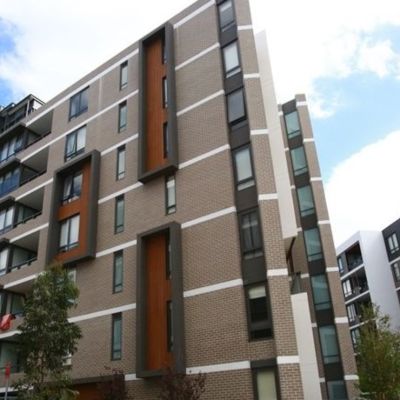Landlord forced to pay $10,000 to tenant who grew drugs at the house
A landlord has been forced to pay compensation of $10,000 to a tenant who was busted growing cannabis at the property.
Despite the criminal behaviour of the tenant, the tribunal found the landlord did not have the right to kick him out and withhold his belongings, as he did, and also acted unlawfully.
The compensation of $NZ10335 ($AU9579) awarded to the New Zealand tenant covered breaches of quiet enjoyment, unlawful entry, altering locks and holding goods.
“Plainly, the landlord wanted the tenant to vacate the premises” and “seized” his window, the written decision said.
The tribunal heard that the tenant was caught growing cannabis at the Christchurch house, was convicted, and served a detention period at the property.

After that, the relationship between the tenant and the landlord, who knew each other prior to entering the rental agreement, went southward. Adjudicator Ross Armstrong heard the landlord claimed he served a lawful termination notice on the tenant, to end the lease, but determined it was not valid, if it was even given to the tenant at all.
Statements to the tribunal that the tenant left voluntarily were not accepted by Mr Armstrong.
The tenancy ended “abruptly” after 13 months, having commenced in January 2019. “Early in the tenancy the police raided the premises and found cannabis plants growing there,” the tribunal heard.
“The tenant was prosecuted for the cultivation of cannabis, and he served a sentence of six months community detention at the premises ending on 21 December 2021”
Over the course of two years, the tenant brought in people to share the tenancy with him, including a woman who urgently needed accommodation for herself and her two children.
However, the tribunal found, it was from here that “things took a turn for the worse”. The landlord became involved in ruminations between the tenant and the woman, who was not happy about the amount of sub-let rent she was being asked for, relative to what the tenant was paying.
The landlord sided with the woman, and the breakdown of relations between the parties escalated.
“There was no justification for the landlord to become involved,” Mr Armstrong said in his written decision. “This was an issue between the lawful tenant and his guest. The only rational explanation for the landlord’s actions is that he saw an opportunity to remove the tenant without the need to go through a lawful process that could be successfully disputed, and he seized it.”
One of the reasons the landlord gave was the woman’s safety, which Mr Armstrong did not accept. “I utterly reject that,” he wrote, outlining that there was no evidence she had anything to fear.
The landlord produced a signed rental agreement for the tribunal, but the tenant said he was not aware the agreement existed or that he inked it.
Video footage taken in February showed the landlord refusing to depart the property when the tenant asked him to, and ordering the tenant to leave.
“The tenant then left and did not return. Legally, the landlord’s actions constituted a repudiation of the tenancy agreement which the tenant accepted. That means that the landlord unlawfully terminated the tenancy,” Mr Armstrong found.
The landlord did not contact the tenant to collect his goods, which was another breach of the tenancy act.
“Having unlawfully evicted the tenant the landlord has then made it difficult for the tenant to recover his goods. In my view that puts the unlawful act near the top end of the scale,” Mr Armstrong said.
Nine has elected not to name the parties, although the tribunal did not suppress their names.
We recommend
We thought you might like
States
Capital Cities
Capital Cities - Rentals
Popular Areas
Allhomes
More










